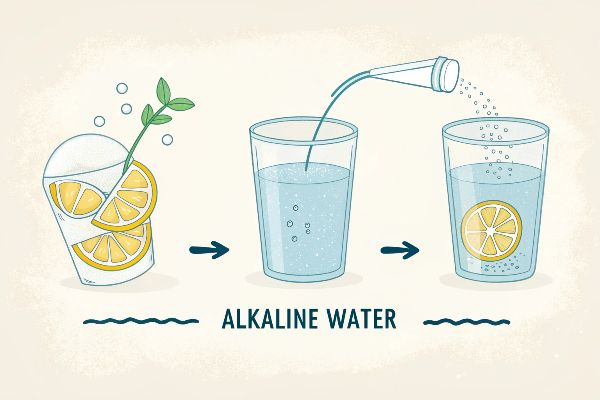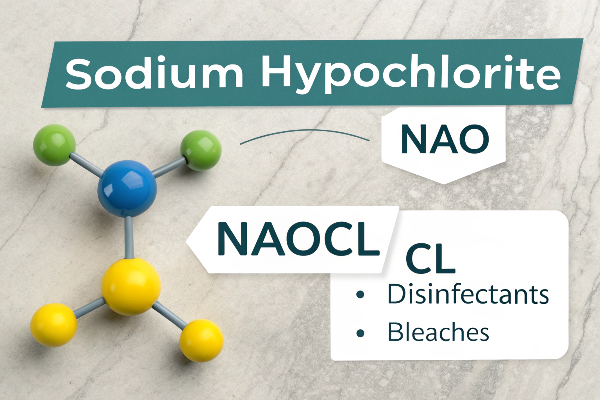As a seasoned expert in the field of electrochemical applications, I often encounter questions about the basics of our industry. Today, I want to address a fundamental component that plays a vital role in various industrial processes: the lead anode.
Lead anodes are crucial elements in the electroplating and metal refining industries. Their primary role is to facilitate the flow of electrical current during the electrochemical processes. They are composed of lead, a material chosen for its excellent conductivity and corrosion resistance, making it ideal for harsh chemical environments.
Understanding the significance of lead anodes is crucial for industry professionals, especially those involved in electroplating, metal refining, and water treatment. These anodes ensure efficient and cost-effective operations.
Why Are Lead Anodes Preferred in Electroplating?
Lead anodes stand out for their durability and efficiency. In electroplating processes, they provide a stable source of electrons, essential for depositing a metal coating onto a substrate.

In electroplating, lead anodes are preferred due to their ability to withstand the highly acidic environments typically involved in these processes. Their robust nature ensures minimal degradation over time, leading to longer service life and reduced maintenance costs. This durability is a key factor in their widespread adoption in the industry.
Moreover, lead anodes provide uniform current distribution, a critical factor in achieving consistent and high-quality electroplating results. This uniformity ensures that the plated metal is evenly distributed across the substrate, resulting in a smooth and defect-free surface finish, which is essential for both functional and aesthetic purposes.

How Do Lead Anodes Enhance Metal Refining?
In metal refining, particularly in processes like copper, zinc, and nickel refining, lead anodes play a pivotal role. They help in purifying the metal by removing impurities, thus ensuring high-quality end products.
Lead anodes are integral in metal refining, particularly due to their ability to conduct electricity efficiently while resisting the corrosive processes involved. This efficiency is crucial in refining metals like copper and nickel, where consistent electrical flow is essential for extracting high-purity metals from their ores or recycled materials.

Additionally, lead anodes play a significant role in the electrorefining process by aiding in the removal of impurities from the target metal. As the impure metal dissolves, the lead anode helps in depositing the pure metal, ensuring the production of high-grade refined metals, which is vital for industrial applications.
What Makes Lead Anodes Resistant to Corrosion?
The corrosion resistance of lead anodes is attributed to their unique composition and structure. Lead forms a protective oxide layer when exposed to electrolytes, shielding the anode from aggressive chemical reactions.

The inherent chemical properties of lead contribute significantly to the corrosion resistance of lead anodes. When exposed to electrolytic solutions, lead forms a passive oxide layer on its surface. This layer acts as a protective barrier, preventing further corrosion and prolonging the anode’s lifespan, even in highly corrosive environments.
Moreover, the ability of lead anodes to resist sulfation is another factor that enhances their corrosion resistance. Unlike other materials, lead does not readily react with sulfur compounds present in many industrial processes. This resistance to sulfation ensures the anodes maintain their structural integrity and functional efficiency over extended periods.

Are Lead Anodes Environmentally Friendly?
Addressing environmental concerns is a top priority in our industry. Modern lead anodes are designed to minimize environmental impact, with advancements in manufacturing processes and recycling efforts.
Lead anodes have raised environmental concerns, primarily due to the toxicity of lead. However, advancements in manufacturing and recycling practices have significantly mitigated these issues. Modern lead anodes are often produced with recycled materials, reducing the need for new lead extraction and minimizing the environmental footprint of their production.

In addition, responsible manufacturers are now implementing safer handling and disposal methods for lead anodes to lessen environmental impact. These practices, combined with ongoing research into alternative materials and eco-friendlier processes, are part of the industry’s commitment to sustainability and reducing the ecological impact of lead-based products.
How Does Lead Anode Quality Affect Electrochemical Processes?
The quality of lead anodes directly influences the efficiency and outcome of electrochemical processes. High-quality anodes ensure uniform current distribution, leading to consistent and superior product quality.

The quality of lead anodes is crucial in determining the efficiency and stability of electrochemical processes. High-grade lead anodes ensure a consistent and optimal flow of electricity, which is essential for uniform electroplating and effective metal refining. Inferior quality anodes can lead to uneven current distribution, affecting the final product’s quality.
Furthermore, superior quality lead anodes are less prone to deterioration and wear, thereby reducing the frequency of replacements and maintenance. This reliability is vital for continuous industrial operations, as it minimizes downtime and ensures a steady production flow. Consistent anode performance is key to maintaining product standards and operational efficiency.
What Should Buyers Look for in a Lead Anode Manufacturer?
When selecting a lead anode manufacturer, buyers should consider factors like product range, technical support, and quality assurance. As a leader in this field, we prioritize these aspects to meet our clients’ diverse needs.

When selecting a lead anode manufacturer, buyers should prioritize manufacturers with a proven track record of quality and reliability. It’s essential to choose a manufacturer that adheres to stringent quality control standards, ensuring that each anode meets the necessary specifications for conductivity, corrosion resistance, and durability under industrial conditions.
Additionally, buyers should look for manufacturers offering comprehensive technical support and customer service. A manufacturer that provides detailed guidance on anode selection, installation, and maintenance can be invaluable, especially for operations that require specific customizations or face unique challenges. This support reflects the manufacturer’s commitment to their clients’ long-term success.

Conclusion
Lead anodes are indispensable in the electrochemical industry. Their unique properties and roles in various processes underscore their importance. As experts in this field, we’re committed to providing top-notch products and support to our clients.





